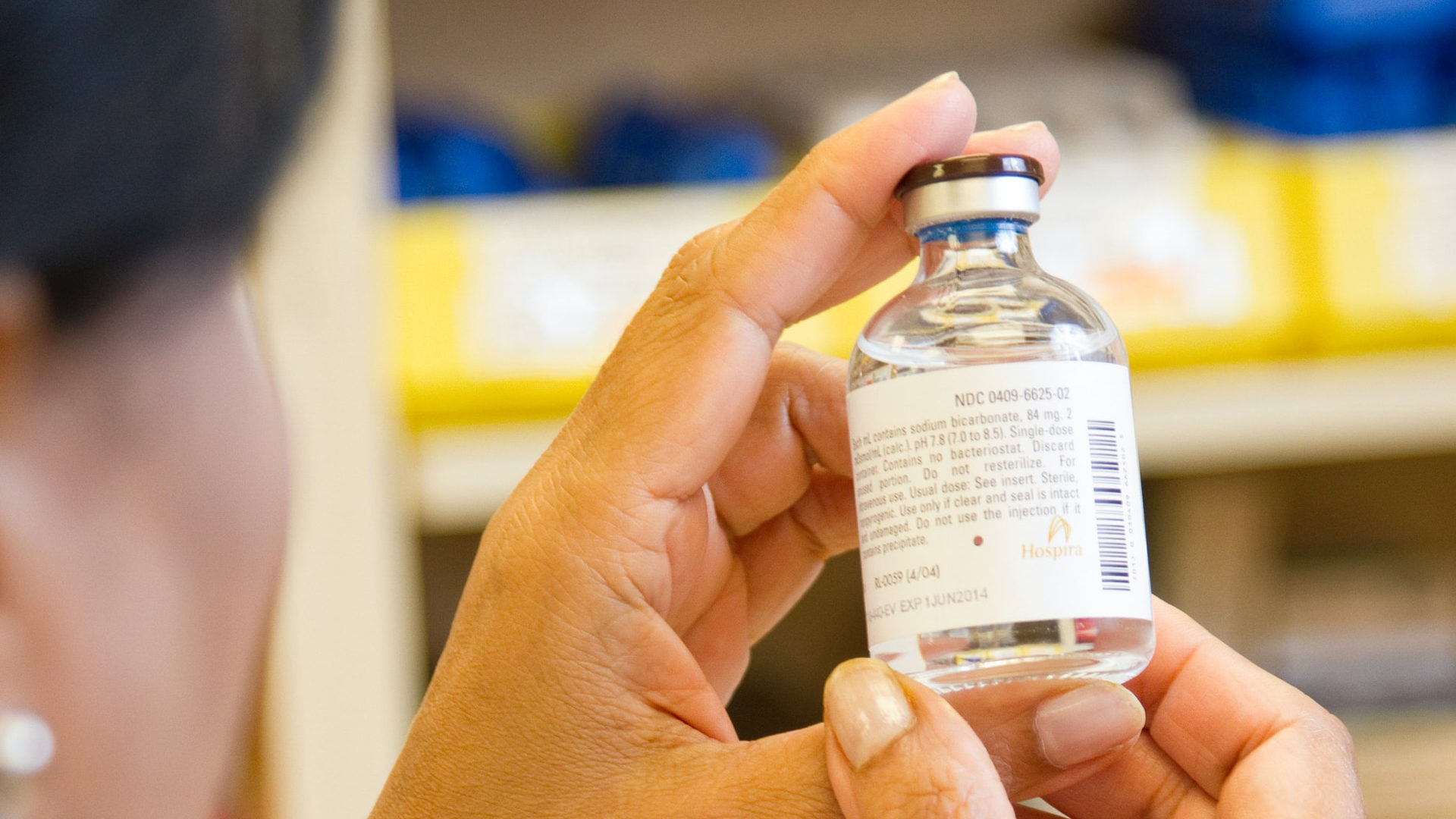Retail Scanner
The exhaustion of rights regime and the recent update from the Government
März 2022
The current position
Since 1973 when the UK joined the then European Common Market, the UK has followed an exhaustion of IP rights regime which has enabled the secondary sale and movement of goods within the European Economic Area (‘EEA’). Obviously until the end of December 2020 the UK was part of the EEA.
This meant that once goods were placed on the market in one country within the EEA, any IP rights in the goods were exhausted. As such, the goods could be traded in another EEA country, subject to a small number of qualifications, without legal enforcement by anyone who owned IP rights in the goods. Post-Brexit, the UK is no longer a member of the EEA and has the opportunity to update its exhaustion regime. Will the opportunity now be taken to change the system and will the EU reciprocate? Do retailers have certainty for the future and how could exhaustion affect onward sales and supply chains?
Since Brexit, the UK has been engaging unilaterally in the UK+EEA exhaustion regime. This means that when goods are first placed on the EEA or UK markets, the IP rights are exhausted in the UK. Accordingly, IP right holders would not be able to legally enforce their rights in the UK. As such, secondary sale and movement of the goods in the UK would be unrestricted. However the regime was ‘lop sided’ as the EU did not reciprocate and thus when goods are first placed on the UK market, the IP rights are not exhausted in the EEA.
What was the consultation?
The Government launched a consultation in June 2021, which allowed them to build a bank of knowledge, based on which they planned to make a permanent decision about a future UK exhaustion regime. The consultation contained 17 questions, which were answered by 150 businesses, organisations, trade associations and private individuals. The pharmaceutical industry and the creative industries engaged most heavily with the consultation.
Respondents chose the regime that they believed to be the best option for the UK and indeed their businesses or interests. The first option was to remain with the current regime. The second option was an international exhaustion regime, which would ensure that rights were exhausted when they were placed on the market anywhere globally. The third option was a national exhaustion regime, which stipulates that when a product is placed on the UK market, IP rights would be exhausted in the UK. The fourth option was a mixed exhaustion regime.
The respondents voted in the following manner:
- The majority of the respondents chose the current regime
- Over a third of the respondents chose a national exhaustion regime
- A minority of the respondents chose a mixed exhaustion regime
- A small number favoured an International exhaustion regime
The outcome
After reviewing all the responses, the government decided in January 2022 that they would continue exploring the UK’s options for a future exhaustion regime and that at present it did not have sufficient information to evaluate clearly whether the present regime should be changed. In the meantime, the current regime would remain, thus there is at least this certainty for now. We suspect that the consultation did not result in the number of responses really required to evaluate the position carefully and indeed, political considerations do also play a part and where the Government chooses to focus.
“Unfortunately, there is not enough data available to understand the economic impact of any of the alternatives to the current UK+ regime. As a result, it has not been possible to make a decision based on the criteria originally intended”. January 2022 Update (gov.uk)
General points for the retail sector from the consultation
The respondents to the consultation made a number of comments on the impact of keeping the current regime in the short term, positive and negative, which can all impact the retail sector at large:
- Provides some short term stability and certainty – status quo maintained. Businesses can plan commercial strategies for the foreseeable future;
- Currently “consistency of regulatory standards with the EEA which facilitated trade in parallel goods”;
- SMEs may not appreciate the extent to which “the principle of exhaustion of IP rights affected them or the implications of a change of exhaustion regime”;
- UK-based exporters at a disadvantage given the lopsided nature of the present regime;
- A benefit of the current regime was “it balanced benefits for consumers (through healthy competition and stable prices) with rewarding appropriately the significant investment required to develop products and build brands”;
- Businesses must consider potential future changes to the current regime.
What system could the Government select?
It is still open to question whether the UK Government will change the exhaustion of rights regime, if so when and to what regime. We suspect that another consultation may even occur.
Interestingly it seemed most respondents favoured either a national exhaustion of rights regime, this may be seen as the most brand owner friendly of the regimes or maintaining the status quo. However, national exhaustion seems unlikely to adopted by the UK Government as it creates significant issues with the Northern Ireland Protocol of the Brexit Withdrawal Agreement which guarantees the free movement of goods in the Island of Ireland. The Republic of Ireland is in the EEA and if the UK adopted a national exhaustion of rights regime this could be used to curtail such free movement of goods.
Also interestingly it did not seem that the International Exhaustion Rights Regime, which is potentially the most retailer friendly option was that attractive to respondents, but perhaps this might be skewed by the main responses coming from pharmaceutical and creative industries. According to the respondents data, only 8 responses came from the retail sector, which suggests that overall the engagement level wasn’t present. International Exhaustion also might appear the most politically attractive option for the present government as it potentially could increase international trade flows, boost the economy and decrease prices, albeit at the expense of brand owners. One thing which is certain is that if the system is going to take a radical shift, then retailers and other will need a lead time to prepare for the “new” system.
This article was prepared by HGF Trade Mark Director Rebecca Field and Trainee Trade Mark Attorney Melissa Buamah.
































